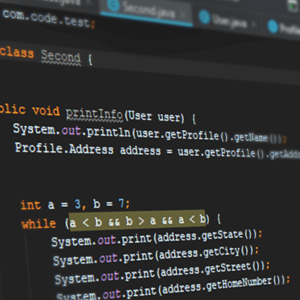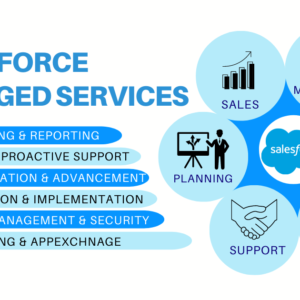In the modern world, you can’t imagine a life without computer systems!
CPU plays an integral role in the overall functioning of computer systems. Though, the CPU is also divided into several components.
One such component that we are going to discuss in this guide is registers.
Register in computer system helps in ideal execution of instructions. They can be referred to as fast memory to execute programs and its instructions ideally.
Moreover, this concept is known to offer a bundle of benefits to the users.
Know about all of these benefits with this blog post and fill your knowledge base
Register memory in Computer
In the field of computer science, register memory is touted as the smallest computer system memory that is faster in comparison to the rest of memory.
Though, it may not be the part of a primary memory but is generally located in the CPU as a part of registers. These registers help in the storage of data in comparison to the additional memory.
The register memory is known to temporarily store or frequently use all types of data instructions or memory addresses required by a CPU.
It basically holds the instructions to execute a program by the CPU. Though, before the CPU accesses any type of instructions it is stored in a register. The CPU takes all the instructions from the registers in order to process them accordingly.
Register in computer is mainly divided on the basis of storage. The popular registers usually come in the memory accumulator, data register, program counter or address register.
Different type of registers in a memory
When we talk about registers in memory, there are several types of registers that help in executing several programs.
These type registers are categorised as below:
- Data registers: This is called the 16 bit register that stores the operands operated by a particular user
- Program counter: It is touted as a special function register with the 8085 microprocessor. It processes the memory address of the next function so that the CPU will process all instructions carefully
- Instructor register: This 16 bit register is used to store the instructions received by your main memory. It holds the instruction codes that will be executed later on
- Accumulator register: This 16 bit register also store the result that is served by the system for further processing
- Address register: This is a 12 bit register which stores the addresses in a memory location.
- I/O Registers: It is used in a case to hold the address of all input and output devices
- Flag register: This register is helpful in checking the occurrences of several conditions by a CPU. It is also known as the special flag register
Advantages of using Registers in Computer
A register is a small storage that contains a set of data at different parts of a computer processor. It holds all the instructions with a storage address to store all types of data.
When you study register, you will come across its several advantages that will widen your knowledge on this integral topic.
Special purpose registers
These registers are known to hold the ideal status of a particular program. These registers can be used in a program for some specific purpose. The examples of these registers include; stack pointer or the program counter.
General purpose registers
These registers are mainly known to hold all the temporary data in order to perform several tasks or operations. The best examples of these registers include accumulators and BX.
Data storage
Register’s primary purpose is to temporarily store all types of data or instructions in order to execute a given program. These registers are helpful to store the information for a specific period of time so that the CPU will access the information whenever it is required.
Data processing
You would be able to perform all kinds of logical operations and arithmetic operations with these registers. All the instructions will be stored so that the CPU can access it immediately.
Addressing
Registers are mainly helpful in storing the memory addresses in order to store the address or information with the help of instructions on the required data so that the CPU will access it with the read or write operations.
Data transfer
The best thing about the registers in computers is that they assist in transferring data between a CPU and the main memory. Some of these registers hold the data so that memory will read it whenever it wants.
Speed
These registers are designed in a way to work at high speed for the execution of required programs. They can be accessed in a way so that the data will be executed at much faster speeds as compared to the main memory.
Efficiency
These registers are mainly designed in a way to store small data packets so that they can be accessed easily by the CPU. Moreover, they are quite efficient when it comes to the storage of data.
Control
It is best to control the instructions executed by a particular program. With the help of a computer system, we can easily change the address of any instruction that needs to be executed.
Output
The output generated would be highly efficient from the CPU to its external device like printer or monitor. It can be used in conjunction with the input or output instructions for transferring data between all the external devices.
Additional learning – cocomo model in software engineering
When you are learning all the essential concepts of computer science, you should also learn the concept of cocomo model in software engineering.
The constructive cost model in the field of software engineering is based on the number of lines in a given code. The model parameters are basically defined with a regression formula that help you better understand the codes.
Wrapping up
Learn about the integral concept of registers in the field of computer architecture alongside its several benefits with the help of this blog post.
Happy learning!





